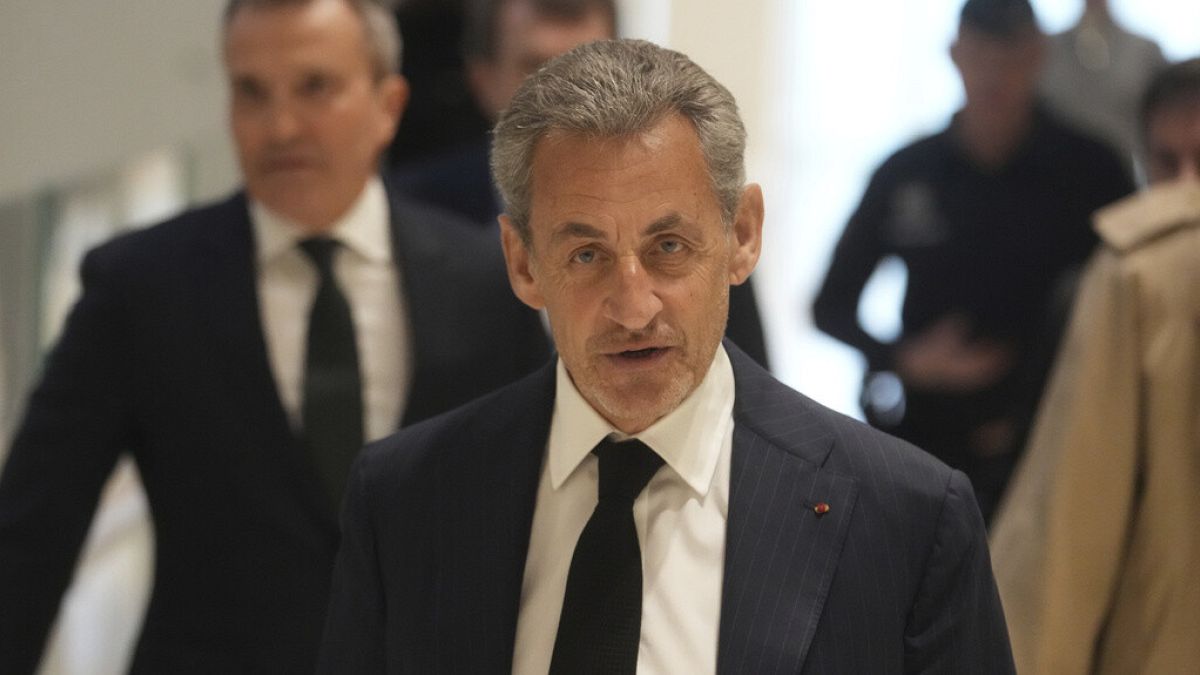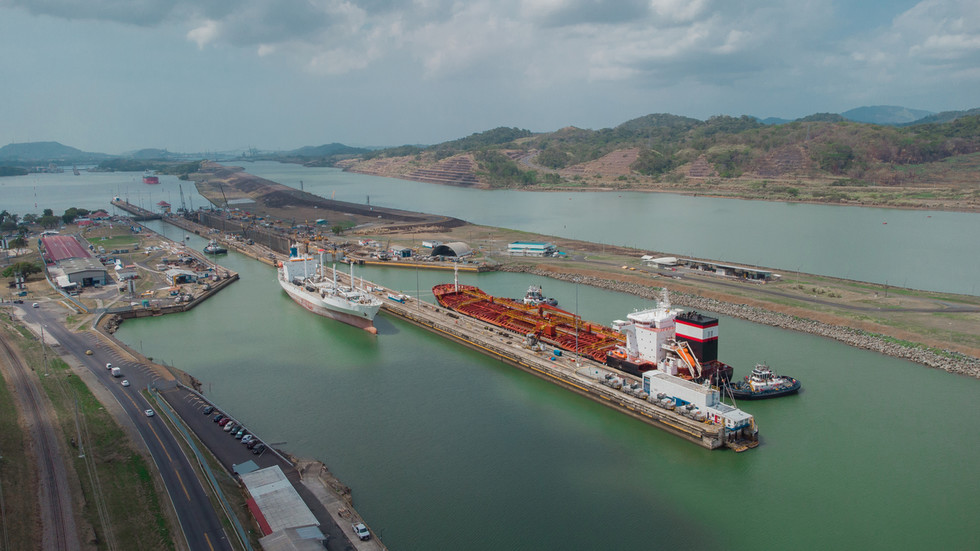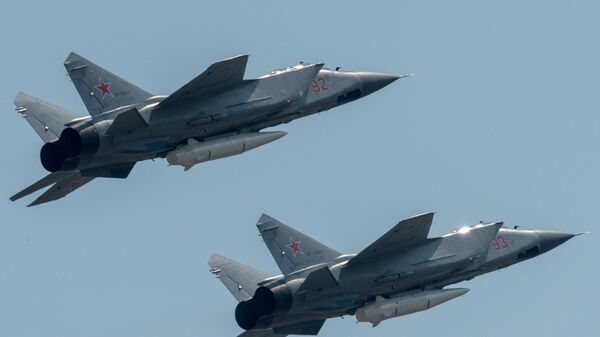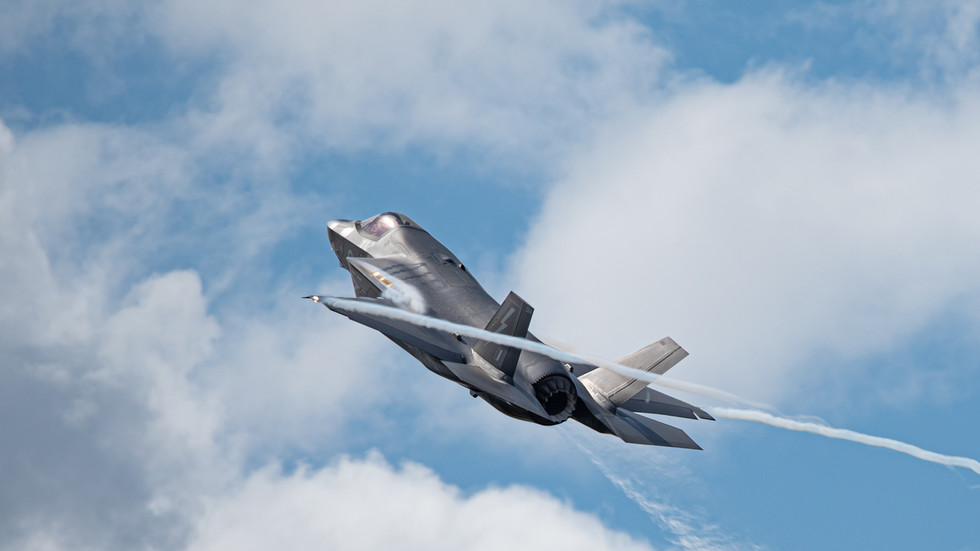In the prestigious globalist journal Foreign Affairs (1990/1991), Charles Krauthammer, an American pundit, published a formative article titled, "The Unipolar Moment," offering an explanation for the end of the bipolar world order. Following the collapse of the Warsaw Pact and the anticipated disintegration of the USSR (which had not yet occurred at the time of this publication), Krauthammer envisioned a global order where the United States and the collective West (NATO) would remain the sole pole of power, setting the rules, norms, and laws while equating their interests and values with universal and obligatory standards. Krauthammer termed this de facto Western global hegemony the "unipolar moment."
Shortly thereafter, another American expert, Francis Fukuyama, published a similar manifesto, "The End of History." However, unlike Fukuyama, who hastily declared that the West's victory over the rest of humanity was complete and that all nations and peoples would henceforth accept liberal ideology and the unilateral dominance of the U.S. and the West, Krauthammer was more cautious. He deliberately referred to a "moment"—a specific situation in the international balance of power—without prematurely concluding whether the unipolar world order would be durable or fleeting.
All signs of unipolarity were evident, namely, the near-universal acceptance of capitalism, parliamentary democracy, liberal values, human rights ideology, technocracy, globalization, and American leadership. Yet, Krauthammer acknowledged the possibility that this phase might not be permanent, but rather a transitional stage that could either solidify into a lasting model (validating Fukuyama) or give way to a different world order.
In 2002/2003, Krauthammer revisited his thesis in another prestigious, yet realist rather than globalist, journal, National Interest, in the article "On the Unipolar Moment." This time, he argued that after 10 years, unipolarity had indeed proven itself to be just a moment rather than a sustainable world order. He predicted the rise of alternative models, fueled by growing anti-Western tendencies in Islamic countries, China, and a resurgent Russia under a strong president, Vladimir Putin. Subsequent events further convinced Krauthammer that the unipolar moment was over. The U.S. had failed to make its global leadership of the 1990s permanent, and the West's power had entered a period of decline. The chance for global domination, once within reach, had been squandered by Western elites, leaving them the choice of either contributing to the formation of a multipolar world or risking irrelevance.
Putin's 2007 Munich Speech, China's ascendancy and the rise of its powerful leader Xi Jinping together with its economic boom, the events in Georgia (2008), Ukraine's Maidan protests, Russia's reunification with Crimea, and, finally, the onset of the Special Military Operation in 2022 and the outbreak of the colossal Middle East war in 2023—all confirmed that Krauthammer, along with Samuel Huntington and his "Clash of Civilizations" thesis, had been more accurate in their assessments than Fukuyama's overly optimistic vision for the liberal West.
Today, any reasonable observer can clearly see that unipolarity was merely a fleeting "moment" which it is being replaced by a new paradigm, namely, multipolarity or, perhaps more cautiously, a "multipolar moment."
We have revisited this discussion to shine a spotlight on the term "moment" in analyzing global politics. Going forward, we will rely on this framework: Is it a moment, or is it not?
Moment or not a Moment?
The debate over whether certain international, political, or ideological systems are irreversible or, conversely, temporary, transitional, and unstable has a long history. Proponents of specific theories often passionately assert the permanence of the social regimes and transformations which they support, while skeptics and opponents challenge this perspective, arguing that such phenomena are merely transient.
This dynamic is easily observable in the context of Marxism. For liberal theorists, capitalism and the bourgeois order signify humanity's destiny, which takes hold and remains eternally as a liberal-capitalist one, gradually driving a universal evolution of humanity into the middle class, that is, the bourgeoisie. In contrast, Marxists view capitalism as a historical moment of development. Although necessary in transcending the previous moment (of feudalism), it is destined to be replaced by socialism and communism, where the power of the bourgeoisie would be supplanted by the working class, with private property and capitalists eventually dying, leaving only the proletariat. For Marxists, communism is no longer a moment but, essentially, the "end of history."
The socialist revolutions of the 20th century—in Russia, China, Vietnam, Korea, Cuba, and elsewhere —provided crucial validation of Marxism. However, a global revolution did not materialize, so two ideological systems coexisted, forming the bipolar world from 1945 (after the combined victory of the communists and capitalists over Nazi Germany) to 1991.
During this ideological confrontation, each side claimed that the opposing system was a transient phase, a mere “moment” and not the "end of history." Communists maintained that capitalism would inevitably collapse, making way for universal socialism, while asserting that their regimes would last “forever”. Liberal ideologies countered by asserting that socialism was just a “moment”, that is, a momentary aberration from the bourgeois path of development and that capitalism would ultimately prevail.
This perspective underpins Fukuyama's "end of history" thesis. By 1991, it appeared that he was correct. The socialist system had collapsed, and the remnants of the USSR and Maoist China embraced market capitalism, thereby affirming the predictions of liberals.
Liberalism as a Moment
Of course, some Marxists have gone quiet, maintaining that it is "not over yet"—that the capitalist system will still falter, ushering in the hour of the proletarian revolution. However, this remains uncertain. The proletariat is shrinking worldwide, and humanity seems to be moving in a completely different direction.
The liberal view, echoed by Fukuyama, that equates communism with a transient moment while declaring "endless capitalism," appears far more substantiated. Postmodernists have explored various dimensions of this "new society," where capital achieves total and real dominance, offering extravagant methods to combat capital from within. These include "proletarian suicide," the deliberate transformation of individuals into invalids or computer viruses, gender and even species changes. All of this has become the program of left liberals in the United States and is actively supported by the ruling elite of the Democratic Party —woke, cancel culture, the environmental agenda, transhumanism, and more.
Both proponents and opponents of capitalist triumphalism agree that it is not a phase to be replaced by something else but humanity's ultimate destiny, the final stage of its development. Beyond this lies only a transition to a post-human state—the so-called Singularity, as futurists describe it, where human mortality is overcome in favor of mechanical immortality. In other words, welcome to the Matrix.
Thus, in the ideological battle between two systems, the bourgeoisie emerged victorious, shaping the dominant paradigm of the end of history.
Trump as a Factor in World History
Yet the possibility of applying the term moment to the era of "worldwide capitalist victory," even from within the liberal framework, opens a unique perspective. The visible collapse of Western leadership and its inability to act as a universal authority of legitimate power (reflected in the concept of the "unipolar moment") suggests an ideological dimension to these failures. Could the end of unipolarity and Western hegemony also signify the end of liberalism?
This idea is supported by a major political event: the two presidential terms of Donald Trump. His election as U.S. president, a figure openly critical of globalization and liberalism, reflects the emergence of significant discontent within the core of the unipolar West regarding the ideological and geopolitical direction advocated by liberal elites. Furthermore, Trump's vice president, J.D. Vance, explicitly identifies as a "post-liberal conservative." During Trump’s campaigns, liberalism—particularly "leftist liberalism" as associated with the Democratic Party—was consistently seen as a negative term. Within the broader circles of "populist Trumpism," liberalism became synonymous with degeneration and corruption among ruling elites. In the bastion of liberalism - the United States - a politician who is extremely critical of liberalism has won for the second time in recent history, and his supporters do not shy away from outrightly demonizing this ideological trend.
Therefore, we can talk about the end of the "liberal moment," where liberalism, once seen as the definitive ideology of historical progress, is now revealed as a mere phase in world history. Beyond liberalism, a new ideology, a different world order, and a new value system will gradually emerge. Liberalism was not humanity’s destiny or the end of history, but a historical episode with clear geographic and temporal boundaries.
Liberalism was an integral part of Western modernity. It triumphed over other ideologies of modernity (such as nationalism and communism), but ultimately, it collapsed. Along with it, the unipolar moment which Krauthammer described, as well as the broader cycle of Western colonial dominance that began with the Age of Exploration, has come to an end.
To be continued.

 1 month ago
21
1 month ago
21






 We deliver critical software at unparalleled value and speed to help your business thrive
We deliver critical software at unparalleled value and speed to help your business thrive






 English (US) ·
English (US) ·